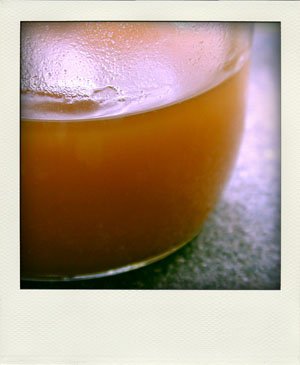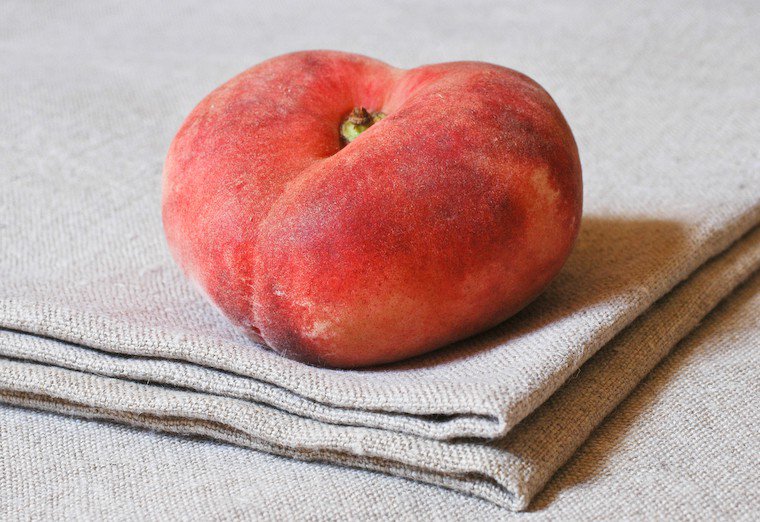
This is part of a series on French idiomatic expressions that relate to food. Browse the list of idioms featured so far.
This week’s idiom is, “En faire (tout) un flan.”
Literally translated as, “making a (whole) flan out of it,” it is a colloquial expression that means making a big deal out of something insignificant, blowing something out of proportion.
It is comparable to the English expressions, “making a mountain out of a molehill,” “making a song and dance about something,” and two edible idioms, “a storm/tempest in a teacup/teapot,” and “making a meal out of something.”
Example: “Si le plan de table ne lui va pas, il faut le changer, sinon il va en faire tout un flan.” “If the seating plan doesn’t suit him, we have to change it, otherwise he’ll make a whole flan out of it.”
Listen to the idiom and example read aloud:







